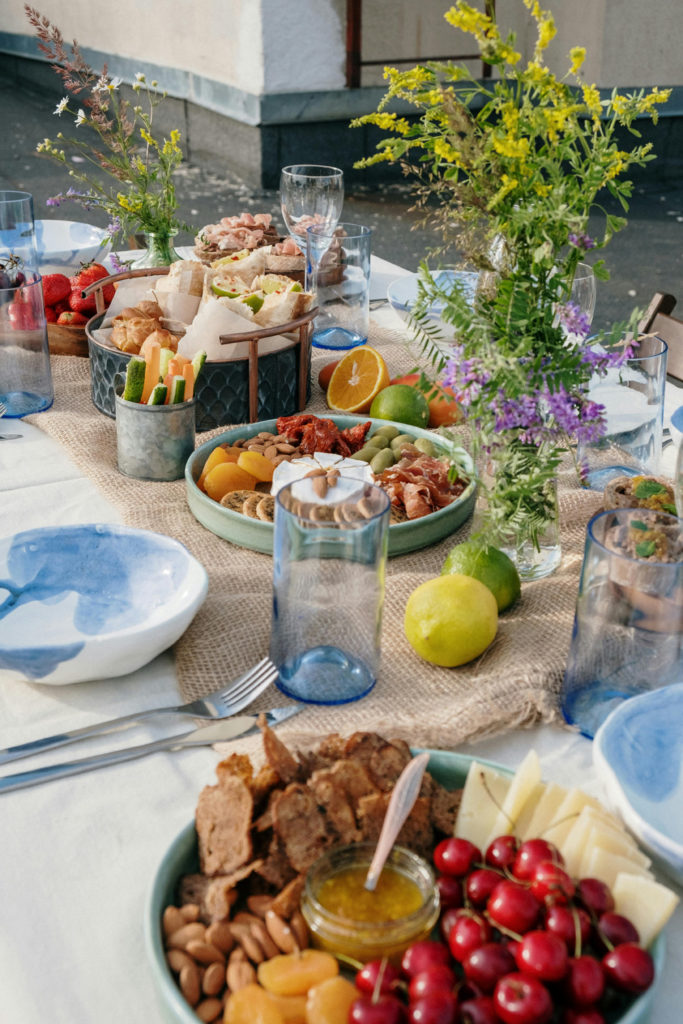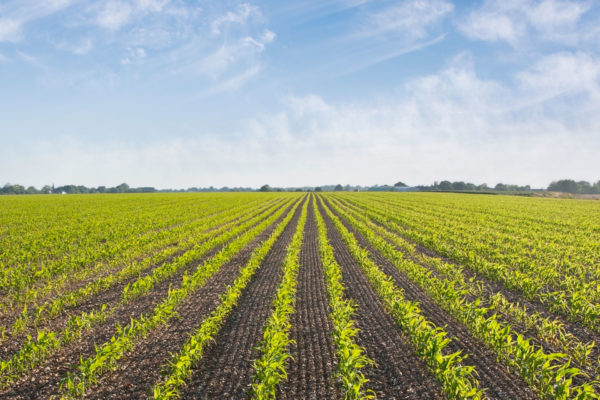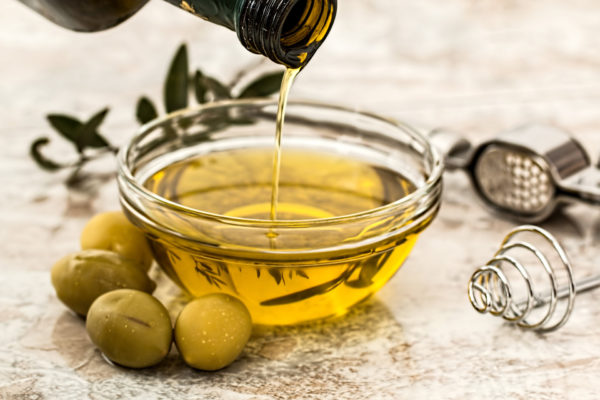7 Great Sources Of Vitamin D You Might Not Have Thought Of
By
9 months ago
Sunny supplements
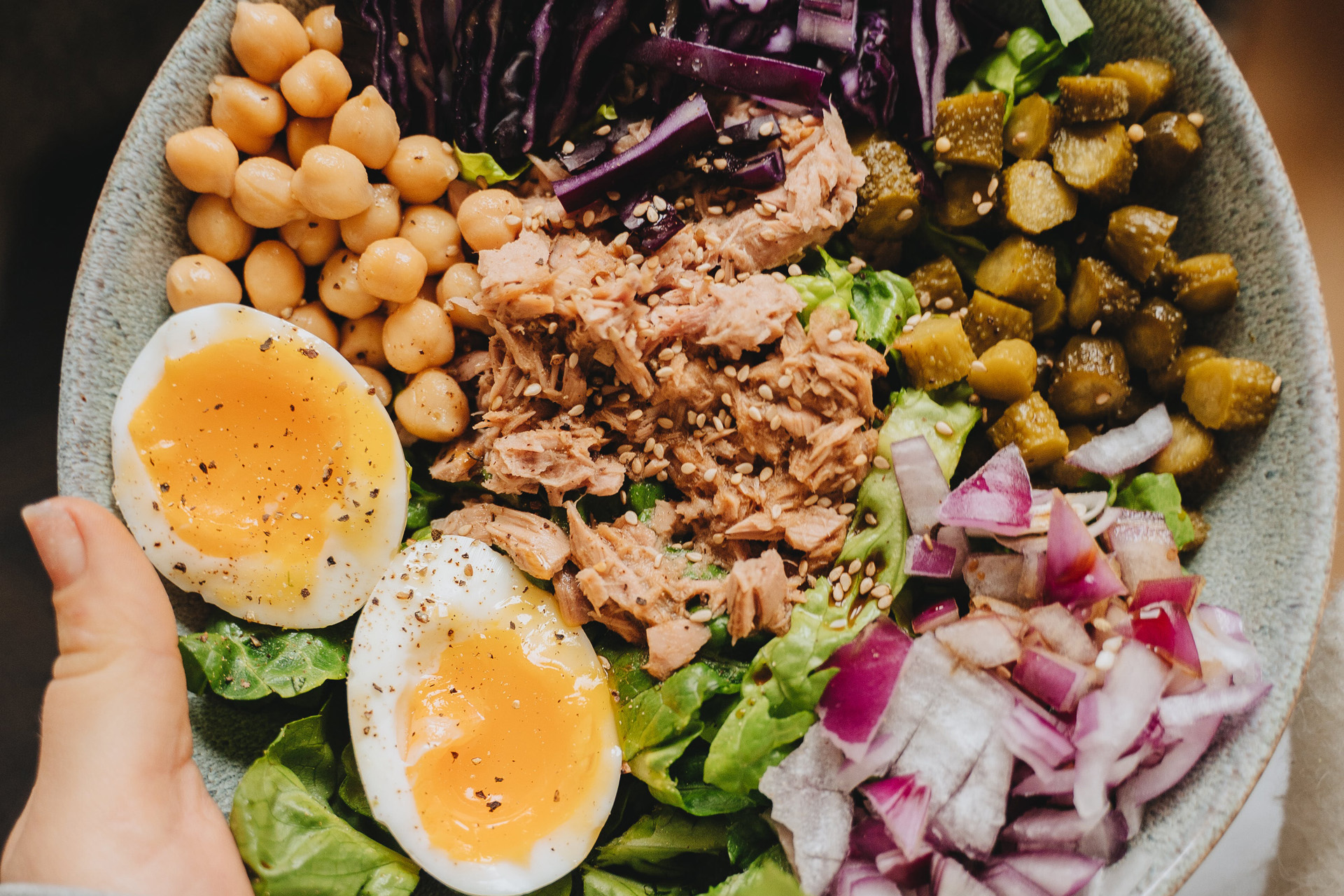
Seasonal affective disorder getting you down? It’s easy to get into a slump when the rain pours all day and the sun sets in the early afternoon. Sun, are you out there? If you’re feeling especially down about it, you might be lacking in vitamin D, which can act as a mood regulator and which we usually get from the sun. That said, some foods are also great sources of vitamin D. Here are some to incorporate into your next meal for a happy boost.
Foods Rich In Vitamin D
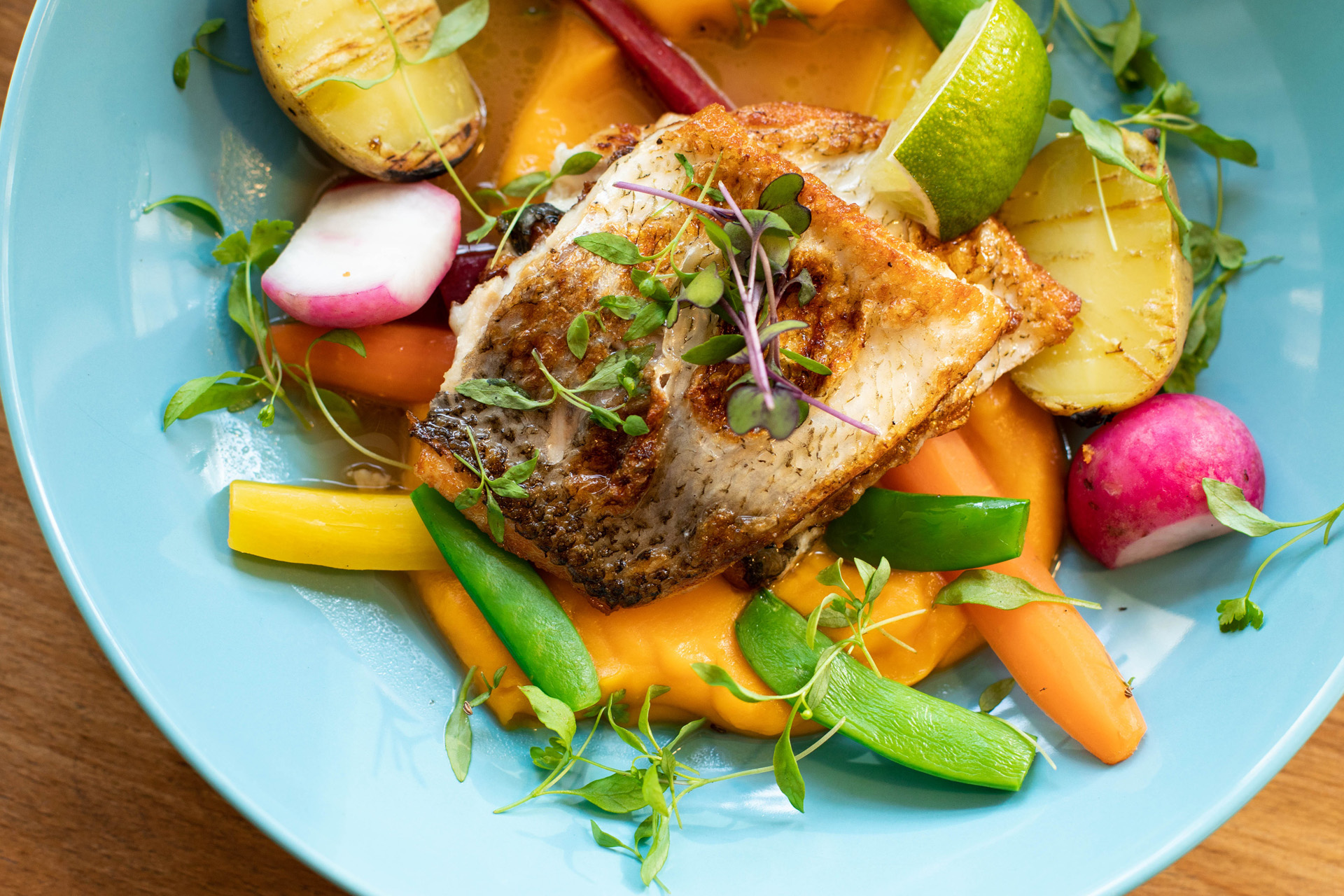
Fish
A classic suggestion for good reason. Fish is rich in Vitamin D – especially oily fish like salmon, mackerel, tuna and sardines. If you don’t like eating fish, consider taking cod liver oil supplements.
Oysters
Yep. If you can stomach the slippy morsels, they’re a great source of the sun vitamin.
Egg Yolk
Fan of the egg white omelette? You’re doing it all wrong. Keep those egg yolks for a great source of vitamin D. Alternatively, fry, poach, scramble or boil your egg.
Red Meat
Red meat is another natural source of vitamin D, especially pork and beef liver.
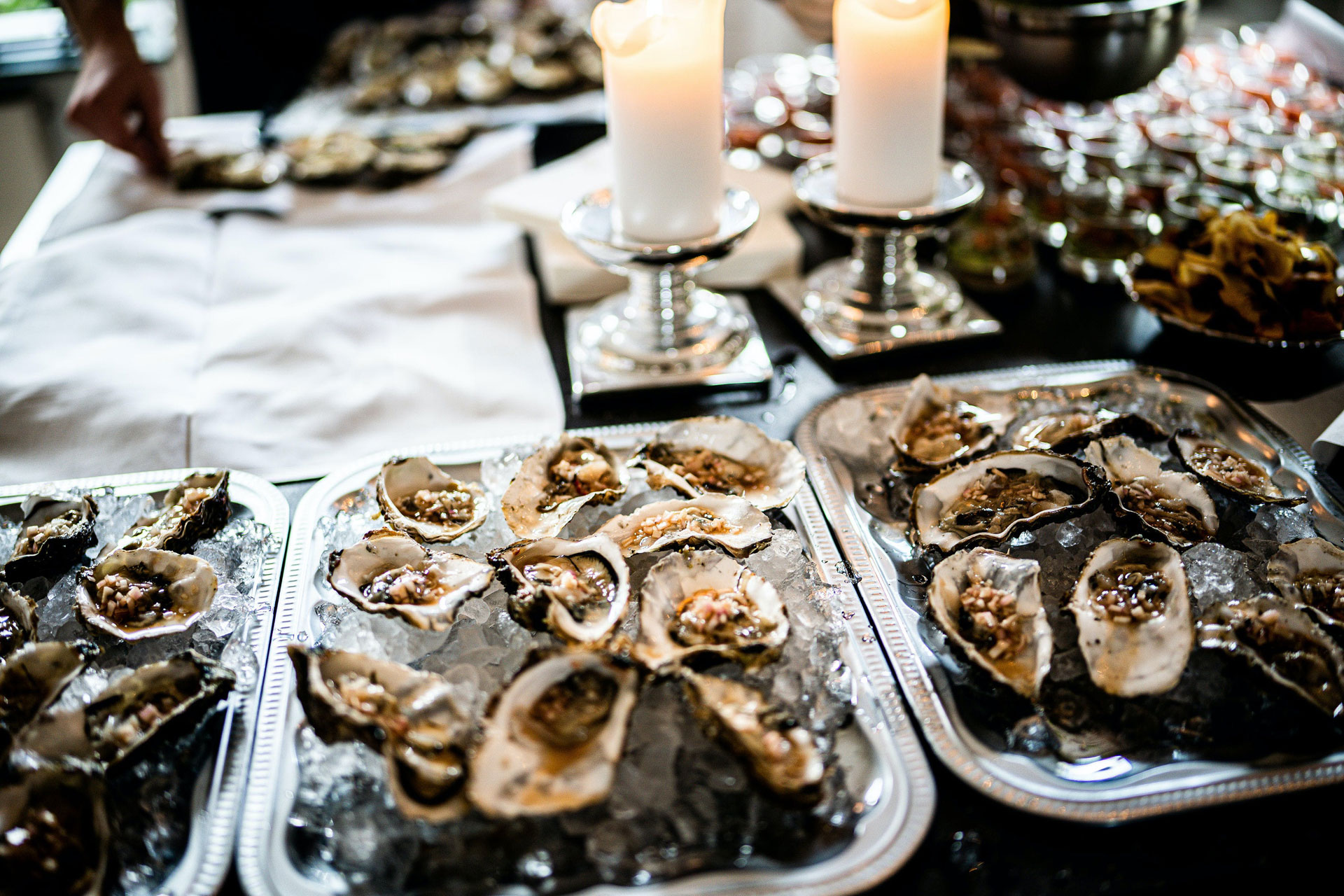
Mushrooms
Veggies and vegans: you can still get Vitamin D naturally. Cook up some mushrooms for your next meal. Wild mushrooms are best for this.
Fortified Milk
Alternative milk fans will be pleased to know that fortified milks like soy milk and oat milk trump traditional cow’s milk in terms of vitamin D content. (Yes, that’s because it’s added – but we’ll take it!).
Fortified Cereals
Many cereals are also fortified with nutrients, so a bowl of your favourite crunchy, milky snack might be all the boost you need – just check the packet beforehand.
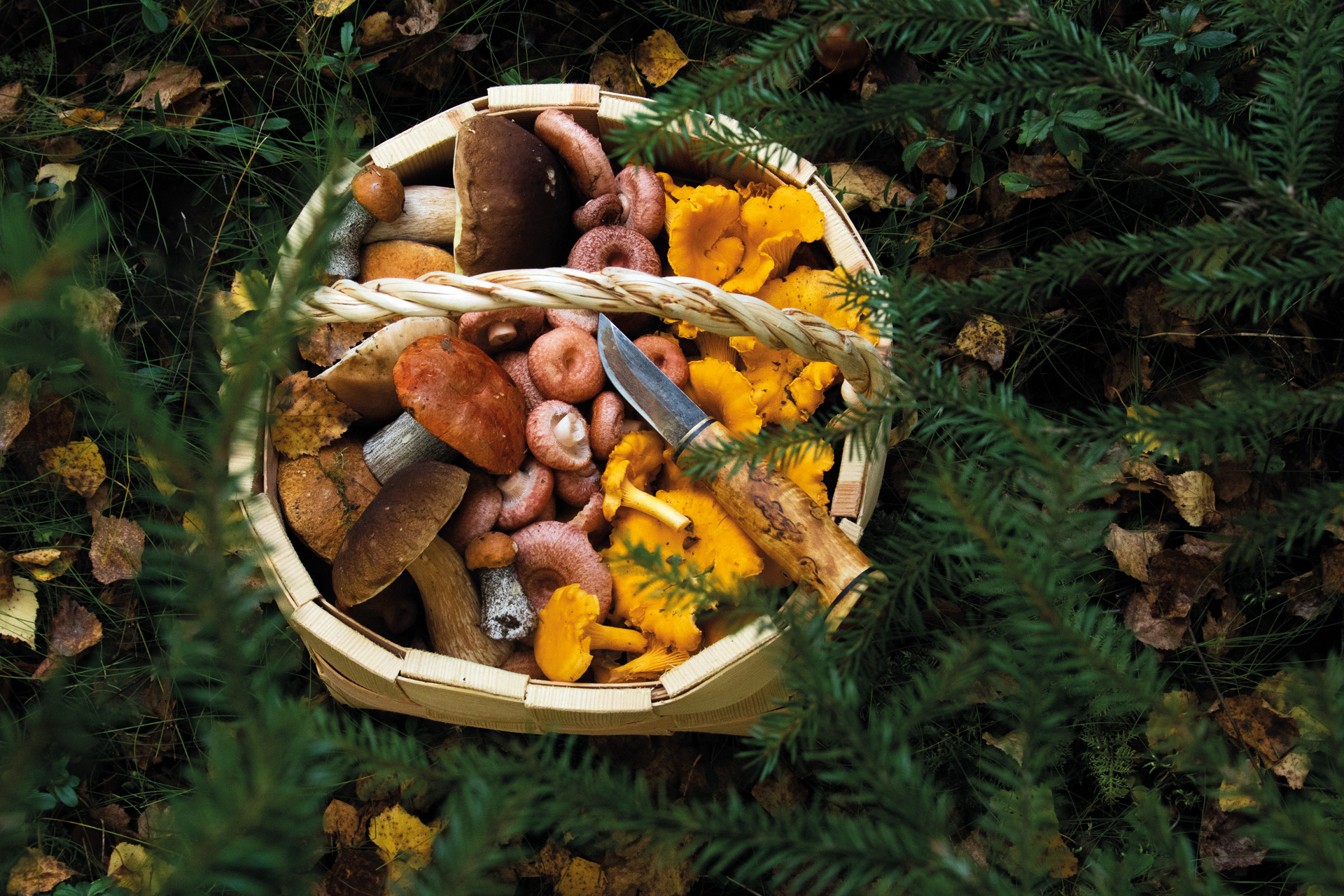
How Much Vitamin D Do I Need?
According to the NHS, everyone over the age of one needs 10 micrograms of vitamin D every day. Children under the age of one need 8.5 to 10 micrograms.
Should I Take Vitamin D Supplements?
A recent study found that one in six adults in the UK have low levels of vitamin D. The NHS recommends: ‘everyone (including pregnant and breastfeeding women) should consider taking a daily supplement containing 10 micrograms of vitamin D during the autumn and winter,’ due to how difficult it is to get Vitamin D from food.
However: ‘Between late March/early April to the end of September, most people can make all the vitamin D they need through sunlight on their skin and from a balanced diet,’ says the NHS. ‘You may choose not to take a vitamin D supplement during these months.’

